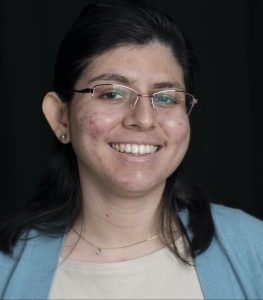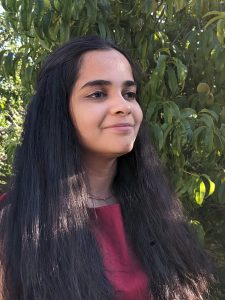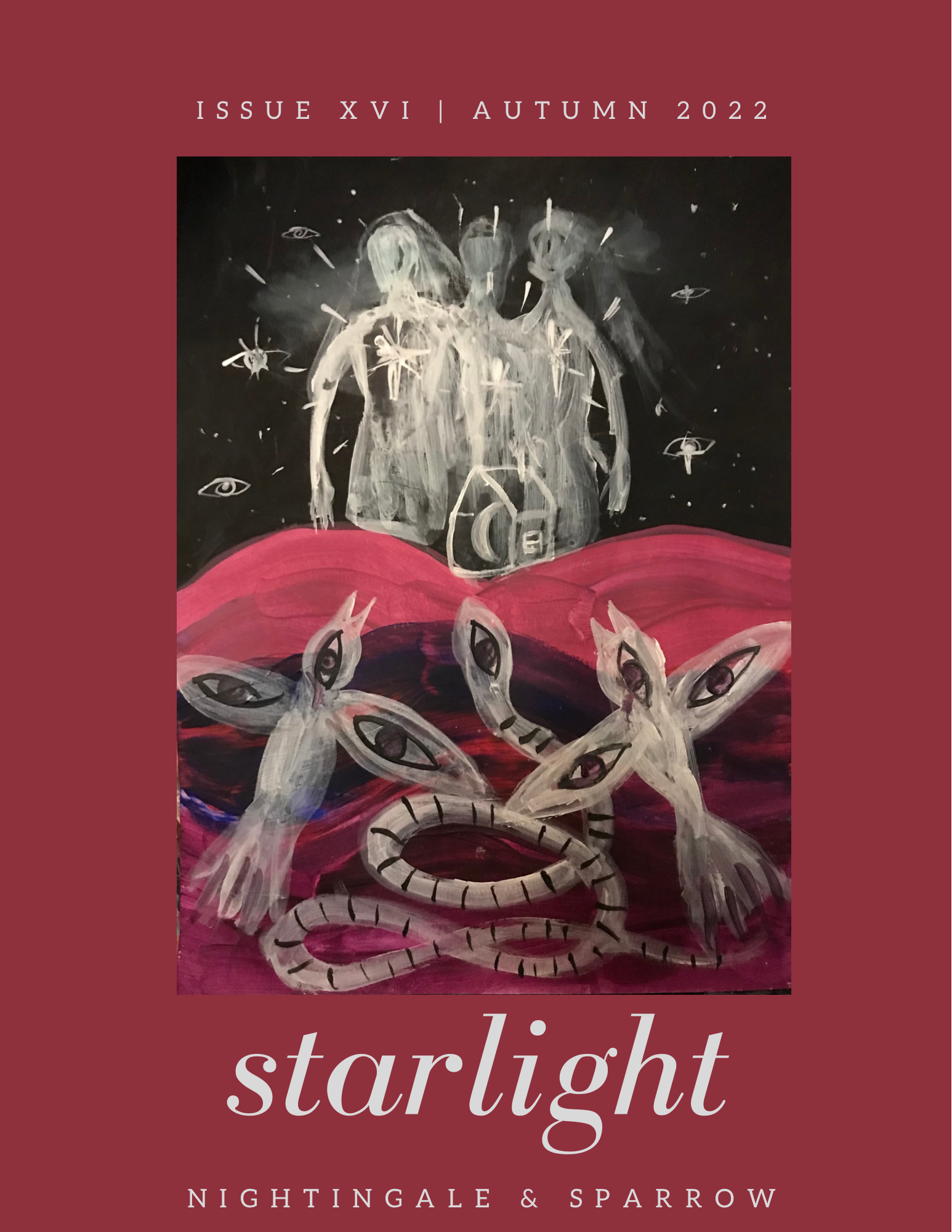Light Meals
Sabrynne Buchholz
the gods eat gems at daybreak, as the sun devours the stars
and us at the bottom, groundlevel, the cogs, we drink the juice of oranges
a gift from the glow of those higher beings, but less than that saved for the heavens
sunbeam rolls over tide to froth on the sand, grains shaped like stars
or shards made in the image of space–
leftovers not meant for consumption, but we make do with a day at the beach
fortune is found in freedom, but perhaps can be manufactured
cogs and gears and wheels work hard to create what cannot be found, and
isn’t creation meant only for gods?
the sun and its fellows all roar and consume
yet left in that wake are all the things meant for us
the hierarchy feels muddled sometimes, but
each day starts the same as the last – the gods eat breakfast, the cogs start to turn
day turns to night, and collectively, we all take a breath
fruit can glimmer like crystal



